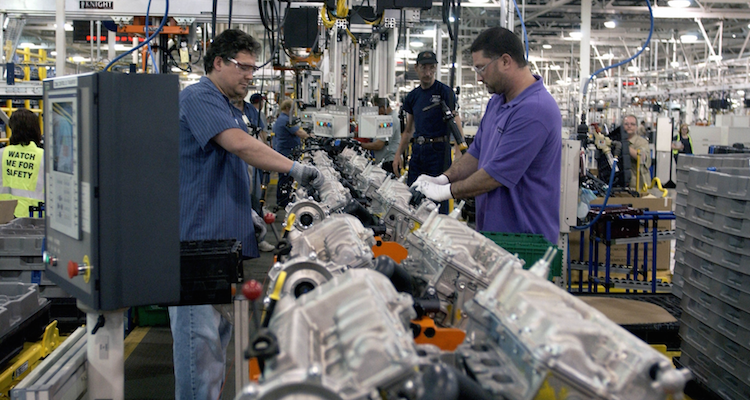Interesting.
BMW, Hyundai, Mercedes, KIA, GM*, Honda and Stellantis will be building their own charging network (Non-Tesla branded), but will be using NACS, along side CCS which I think they'll eventually phase out?
If so this may indirectly confirm that the Big 7 will be adopting the NACS? (*GM already did as we know), but instead of using Tesla SCs they'll be just building their own "stations" which is smart from a business perspective so good on them. They obviously know that there is a huge piece of the pie up for grabs in an untapped free market.
It keeps Tesla from monopolizing (giving consumers more options), which is a positive thing. After all if it's NACS that's a win win.
The Big 7 plan to build 30,000 charging stations with the focus of making them more like a gas stations with the option to purchase food and snacks etc. Going into it with this intent out of the gate is much better than what Tesla did in just putting up chargers where they could without these amenities.
The new network from the Big 7 can charge all EVs so essentially this isn't necessary a bad thing for Tesla owners.
What do you guys think about this? I was curious why things were so quiet with the Big 7, while Ford and some others were quick to throw in the white flag submitting to the Tesla throne. I get it now...
Simply put, if Tesla was the Chevron, we'll now be getting a Shell, all of which we can utilize so it's just another option (network) to accommodate the future of EVs, except now it'll come with the convenience of having restrooms, food, snacks, and drinks like the old dyno juice stations.
Last edited:



